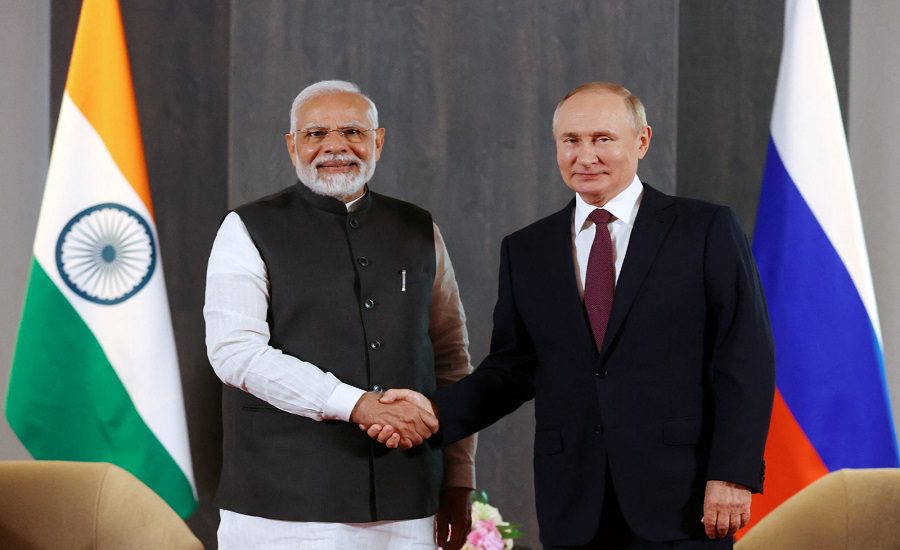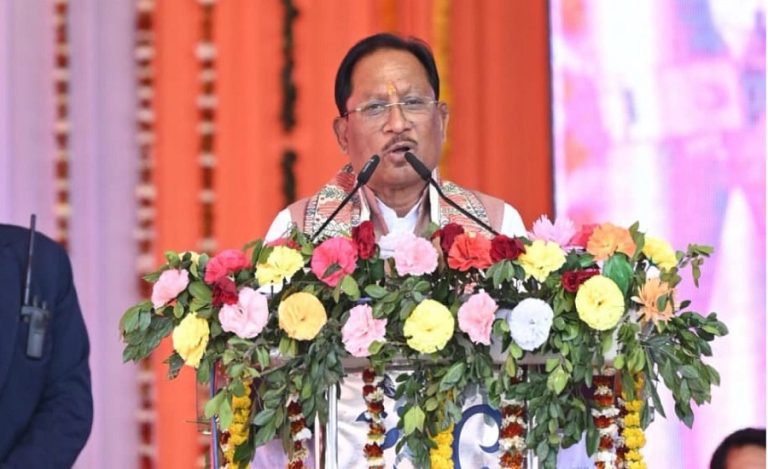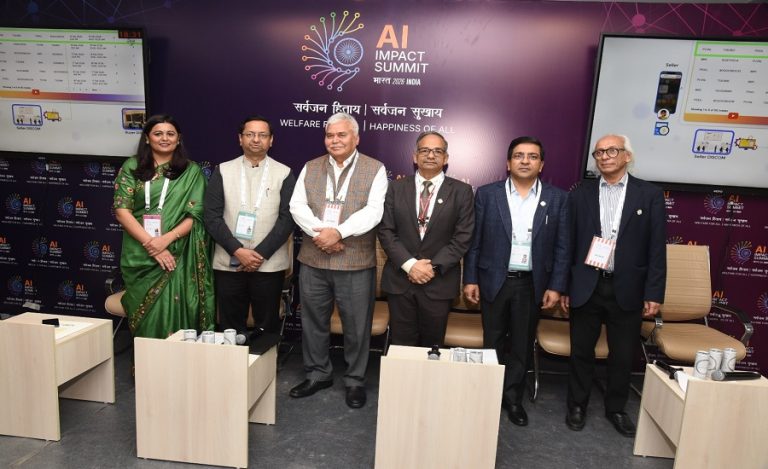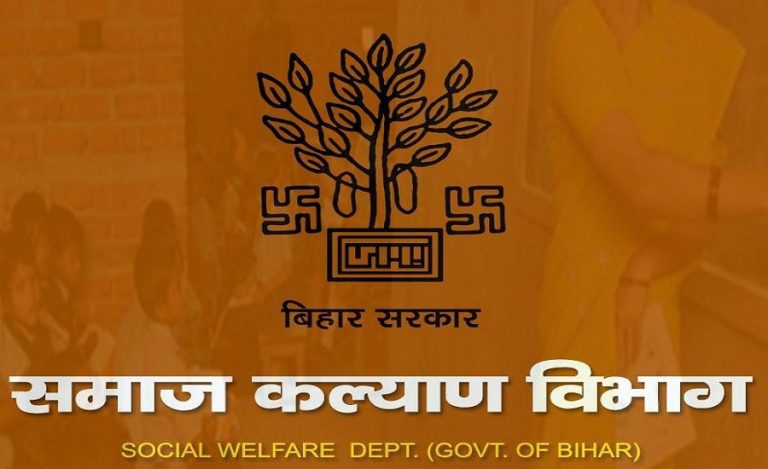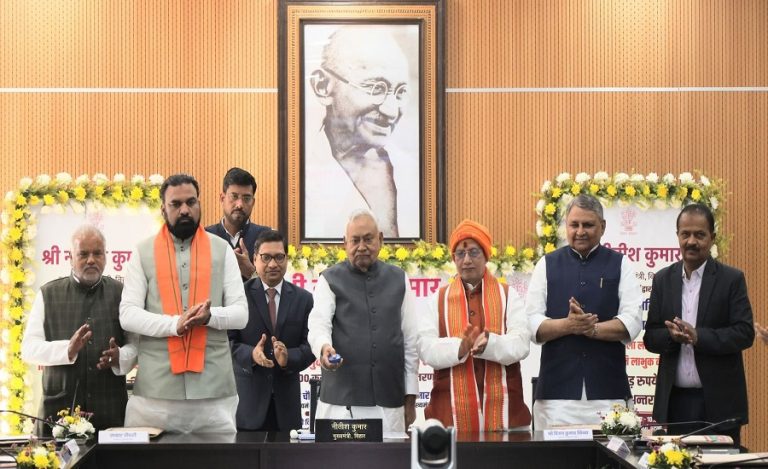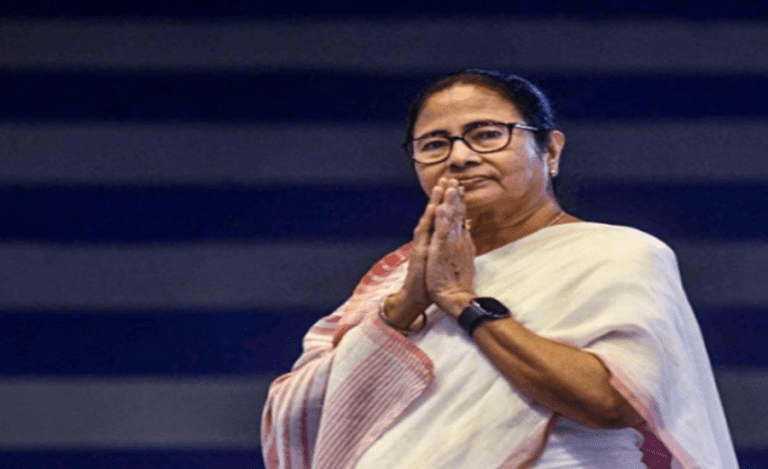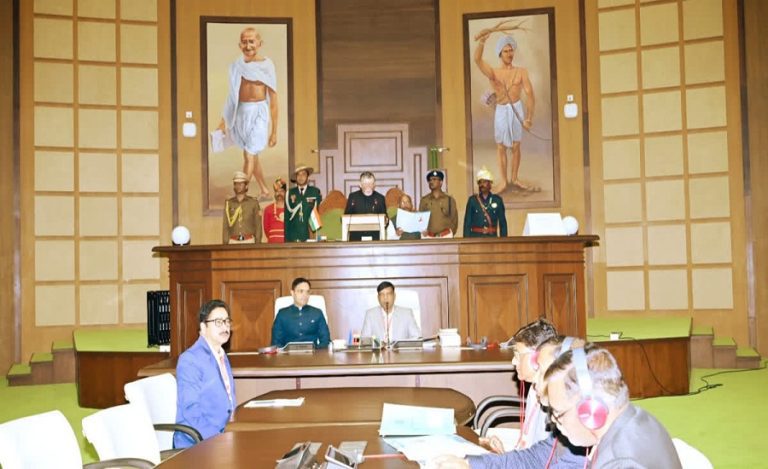New Delhi: India and Russia are set to deepen their long-standing strategic partnership as Russian President Vladimir Putin arrives in New Delhi on December 4–5, 2025 for the 23rd India–Russia Annual Summit, at the invitation of Prime Minister Narendra Modi. The State Visit marks a significant moment in bilateral ties, coming at a time of shifting geopolitical alignments, rising global tensions, and renewed scrutiny of India’s energy and defence engagement with Moscow.
High-Level Engagement Amid Global Pressures
Putin’s trip follows National Security Adviser Ajit Doval’s visit to Moscow in August and the Russian President’s remarks at the Valdai Club, where he praised PM Modi as a “reasonable, wise leader” committed to national interests. This visit also comes against the backdrop of US tariffs imposed on Indian goods linked to Russian oil imports, adding pressure on India’s delicate diplomatic balancing act between Washington and Moscow.
President Putin will hold comprehensive bilateral talks with Prime Minister Modi, while President Droupadi Murmu will host a ceremonial banquet in his honour. The summit will enable both sides to review ongoing cooperation and outline the vision for enhancing their ‘Special and Privileged Strategic Partnership’, especially in defence, trade, and emerging technologies.
Managing a Sensitive Geopolitical Equation
India has long walked a tightrope between its traditional defence partner, Russia, and its rapidly expanding relationship with the United States. The post-Ukraine conflict sanctions regime, coupled with Washington’s growing pressure to curb Russian imports, has complicated this balance.
Putin last visited India in 2021. His absence from the 2023 G20 Summit and subsequent restrictions due to the Ukraine war make the 2025 visit particularly significant. Meanwhile, Prime Minister Modi has visited Russia seven times, reflecting steady, high-level engagement despite global headwinds.
Key Agreements Expected: Defence, Labour Mobility, Energy
Several major agreements are expected to be finalised during the summit:
1. Labour Mobility Agreement
Russia has announced plans to hire 1 million skilled Indian workers in its industrial sector. A draft agreement has been prepared covering worker safety, immigration norms, and mobility—potentially opening a major employment channel for India’s skilled workforce.
2. Defence Procurement & Cooperation
Defence cooperation is expected to dominate the agenda:
S-400 Missile Systems: India is exploring the purchase of five additional S-400 systems, having already received three out of the five ordered earlier. The system played a critical role during Operation Sindhur, strengthening India’s deterrence capabilities.
Co-production of Fighter Jets: Discussions are advancing on co-producing the Sukhoi-57 (Su-57) fifth-generation fighter aircraft in India. The Indian Air Force has an urgent requirement for nearly 114 such aircraft, and a decision may be taken during the summit.
3. Energy, Climate and Technology Partnerships
Agreements are also likely in:-
- Renewable energy
- Nuclear cooperation
- Climate and disaster management
- Education and skill development
Some existing agreements are expected to be renewed to reinforce long-term strategic stability.
Trade Ties Remain Strong Despite Tariff Pressures
Russia remains India’s largest trading partner within its regional grouping. Bilateral trade touched USD 68.72 billion in 2024–25, driven overwhelmingly by imports of discounted crude oil worth USD 63.84 billion. However, in response to new US tariffs linked to Russian oil, India has begun recalibrating its import mix to maintain balanced relations with both powers.
A Defining Moment for India’s Strategic Autonomy
The upcoming Modi–Putin summit underscores New Delhi’s steady pursuit of strategic autonomy. Even as global tensions sharpen and major powers impose competing demands, India continues to assert an independent foreign policy grounded in national interest. For the India Russia relationship, the 2025 summit is expected to reaffirm continuity, deliver concrete agreements, and set the tone for the next stage of cooperation spanning defence manufacturing, energy security, labour mobility, and emerging technologies critical areas for India’s economic and strategic future.

